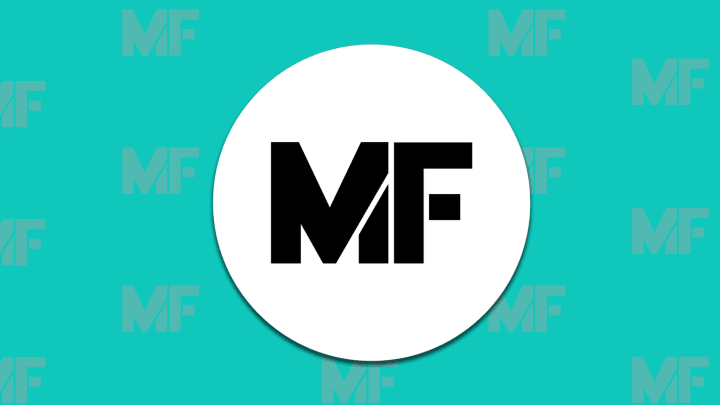Fred Benenson, Flickr // CC BY 2.0
These little pictures are all over the place: people tell relationship stories in them, moms use them, and the heart emoji ♥ was named the Global Language Monitor's word of the year. There's even a translation of Moby Dick into emoji.
But are emoji actually a reasonable substitute for words? Let's take Emoji Dick as an example—it made a lot of headlines, but what does it look like to read? Here's the first sentence:

Any guesses what that means? Telephone man sailboat whale okay?
It's the iconic opening line, "Call me Ishmael." So, the telephone could mean "call", and I suppose the narrator is a man, but I don't know how sailboat whale okay = Ishmael.
But perhaps it's unfair to try to say proper names in emoji. So here's another sentence, with only common nouns:

Go ahead, try it.
Man taxi poutyface syringe arrow cop heart cyclone?
Give up yet?
"It is a way I have of driving off the spleen and regulating the circulation."
So, I guess driving is the taxi, regulating is the cop, a heart is close enough to a spleen, and the cyclone swirl is kind of like circulation. That's quite clever—but still not obvious from the emoji alone. And if we keep reading, it doesn't get any clearer.
I think it's really cool that someone tried to translate Moby Dick into emoji, and it's not like I could have done a better job. But that's the problem—no matter how good you are at emoji, or whether Unicode eventually adds a "spleen" icon, there are some things you just can't say clearly in any combination of little pictures. And I think the creator of Emoji Dick also realizes that it's a problem: the book was ultimately printed with the original English sentences interwoven with their emoji "equivalents"—something that you'd never find in a book translated into French or Arabic.
But it's not even just Melville's elaborate prose—how would you design an unambiguous emoji for "yesterday"? Or "parent," as distinct from "mother" or "father"? What about verbs ("run" as opposed to "a runner") and adjectives ("independent")? Or all those little words in between, like "the," "or," "of," and "me"?
Calling emoji language is like calling a whale a fish. Sure, there are certain similarities—both language and emoji can communicate things, and both whales and fish swim around in water. But whales and fish don't actually do the same thing in the water. For one thing, fish have gills while whales have to swim up to the surface to breathe. And emoji and language don't do the same thing either.
So what's the point of emoji? If you look at how people actually use them, we're using emoji as a supplement to language, not replacing it entirely.



Emoji and other forms of creative punctuation are the digital equivalent of making a face or a silly hand gesture while you're speaking. You'd feel weird having a conversation in a monotone with your hands tied behind your back, but that's kind of what it's like texting in plain vanilla Standard English. But typing exclusively in emoji is like playing charades—it's fun for a while, but if you actually want to say anything complicated?

Part of a new series on internet linguistics.
